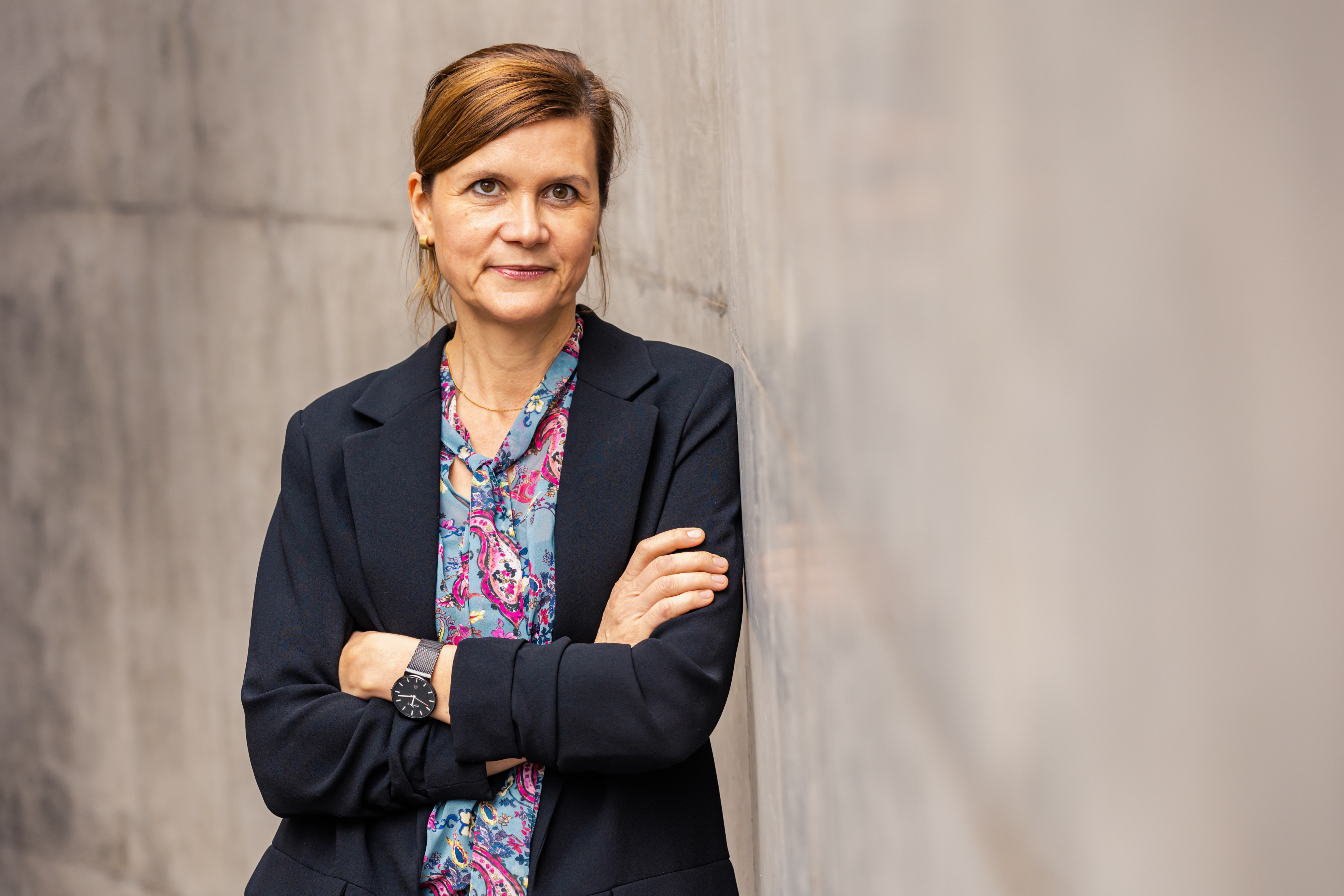“Hybrid rye requires much less water than other cereals and significantly less fertilizer and pesticides because it generally exhibits very good plant health,” says Jürgen Leitzke, who heads the business unit Cereals at KWS. “The study validates these positive characteristics and demonstrates the importance of expanding cultivated land to grow rye in order to boost sustainability in agriculture.” Blonk Consultants, a global company and international leader in examining food life cycle assessments, carried out the sustainability study, which analyzed and compared cultivation data throughout Germany for hybrid rye, wheat, barley and population rye from 2018 to 2021. The study employed various parameters to measure the respective CO2 balances: the frequency of tillage, the required amount of seed and its treatment, the application rate of pesticides and fertilizers, and the harvest characteristics (quantity and quality).
Hybrid rye boosts the best environmental footprint, is beneficial for human nutrition and is well suited for use as animal feed. Regional production of food and feed without long transport distances does improve the CO2 balances of all cereals, however. “KWS has a broad portfolio of seeds for various crops,” explains Dr. Peter Hofmann, the Executive Board member at KWS responsible for the business unit Cereals, who added: "The study shows that our strategic focus, particularly on pushing ahead with development of high-quality hybrid rye varieties, is the right one because expanding cultivated land to grow rye moves agriculture one step closer to implementing the goals of the Green Deal.”
Another interesting point is that the CO2 balance of rye has significantly improved just through progress made in plant breeding. This is confirmed in a study from the Julius Kühn Institute (JKI)2, which reports the carbon footprint of today’s wheat and rye varieties is 13 percent to 23 percent lower than varieties on the market in the 1980s. “Our many years of breeding work has boosted the performance, efficiency and health of the modern hybrid rye varieties we offer,” Hofmann says.
Minimizing the use of resources and enhancing the diversity of crops and varieties are a component of KWS’s 2030 Sustainability Ambition, an initiative the company started for setting ambitious, measurable goals to deliver solutions that achieve sustainability in agriculture. The current study shines a spotlight on precisely these approaches and makes it clear that plant breeding is a key factor in addressing such future challenges as climate change, population growth, conservation of natural resources and reduction in the use of pesticides as well as highlights the important role rye can play in achieving these goals.
Find more information about the sustainability study rye here (german only)



